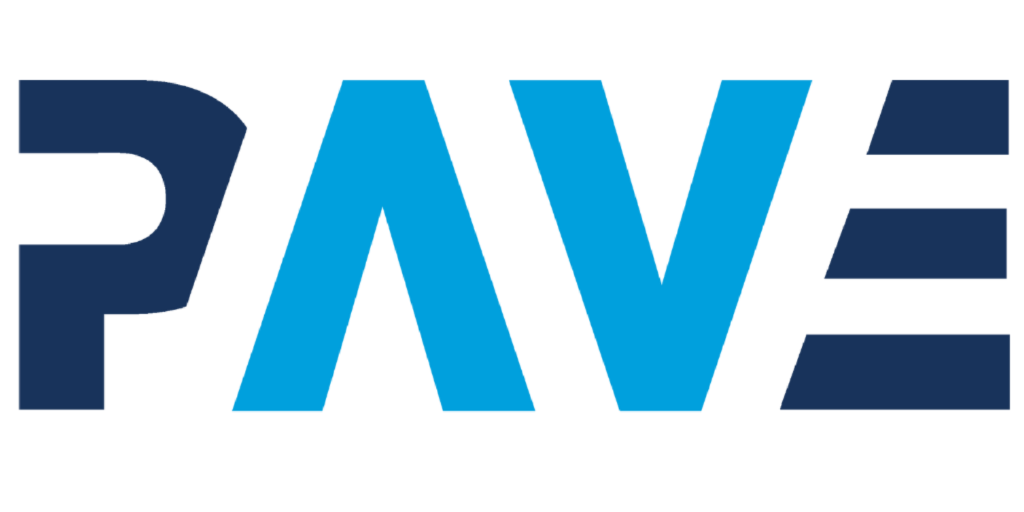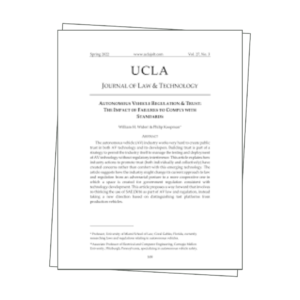The autonomous vehicle (AV) industry works very hard to create public trust in both AV technology and its developers. Building trust is part of a strategy to permit the industry itself to manage the testing and deployment of AV technology without regulatory interference. In this article, we examine the behavior of certain AV industry participants, considering whether their actions promote trust or, conversely, create concerns.
We consider both common sense intuitions as well as recommendations contained in three publications with intended global applicability: (i) the recently published IEEE Standard Model Process for Addressing Ethical Concerns during System Design; (ii) Ethics Guidelines for Trustworthy AI; and (iii) Policy and Investment Recommendations for Trustworthy AI. These publications inform our analysis of practices that merit trust (and helps us identify those that do not). We identify certain trust destroying practices, suggesting that the public should not accept either AV industry appeals for trust or take at face value the proffered narrative of benefits.
Despite our concerns, the AV industry might earn trust by changing its adversarial approach to law, regulation, and disclosure, starting by compliance with standards promulgated by the engineering community. We suggest replacing SAE J3016 with a new, simpler strategy that includes invoking SAE J3018 for test platforms regardless of their claimed level. The AV industry should embrace engineering standards relating to safety, such as SAE J3018, and ethical principles which promote trust, such as identified in IEEE 7000. Cooperation might take place by use of negotiated rulemaking.
 PAVE US
PAVE US PAVE EUROPE
PAVE EUROPE PAVE UK
PAVE UK

